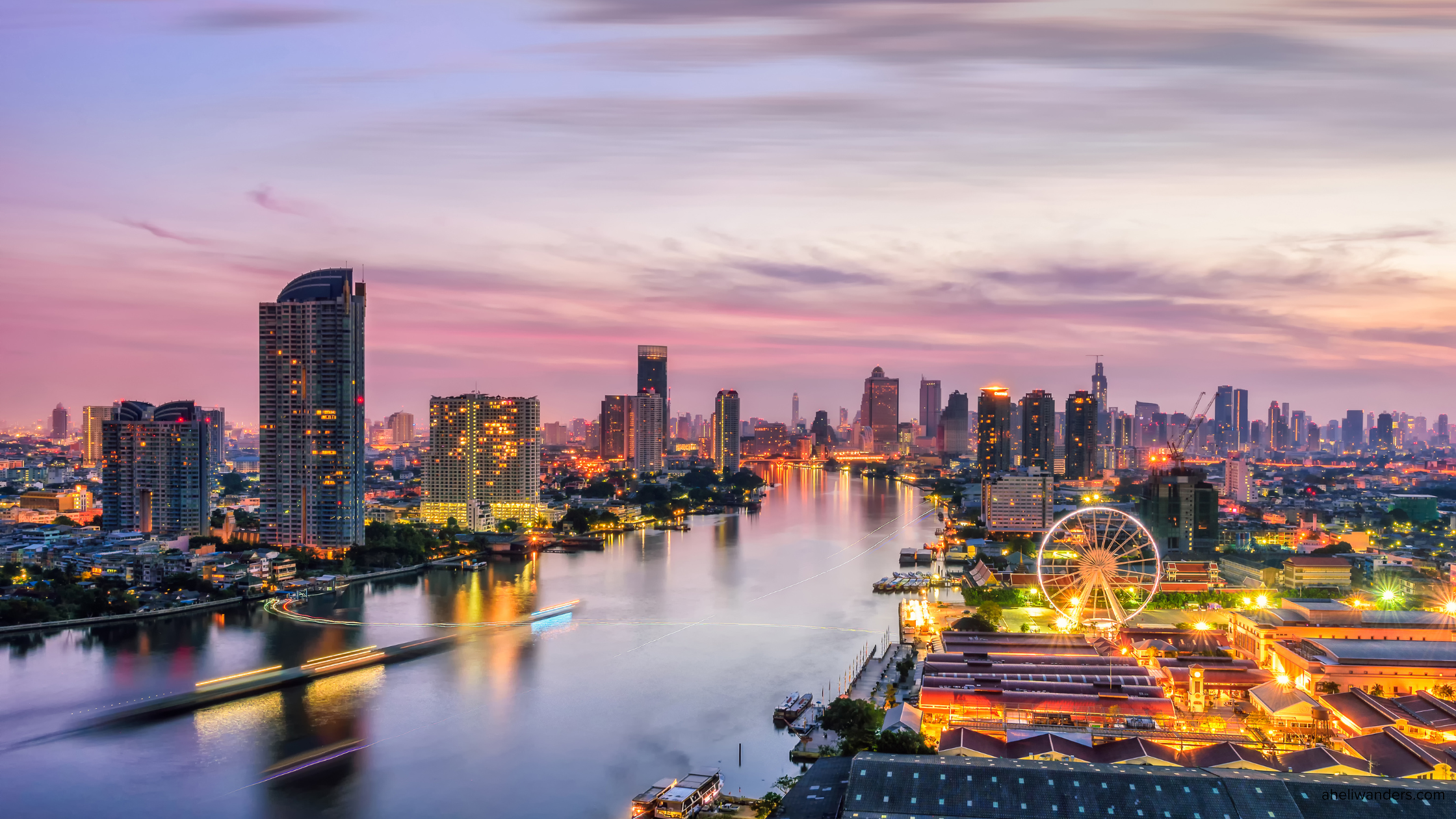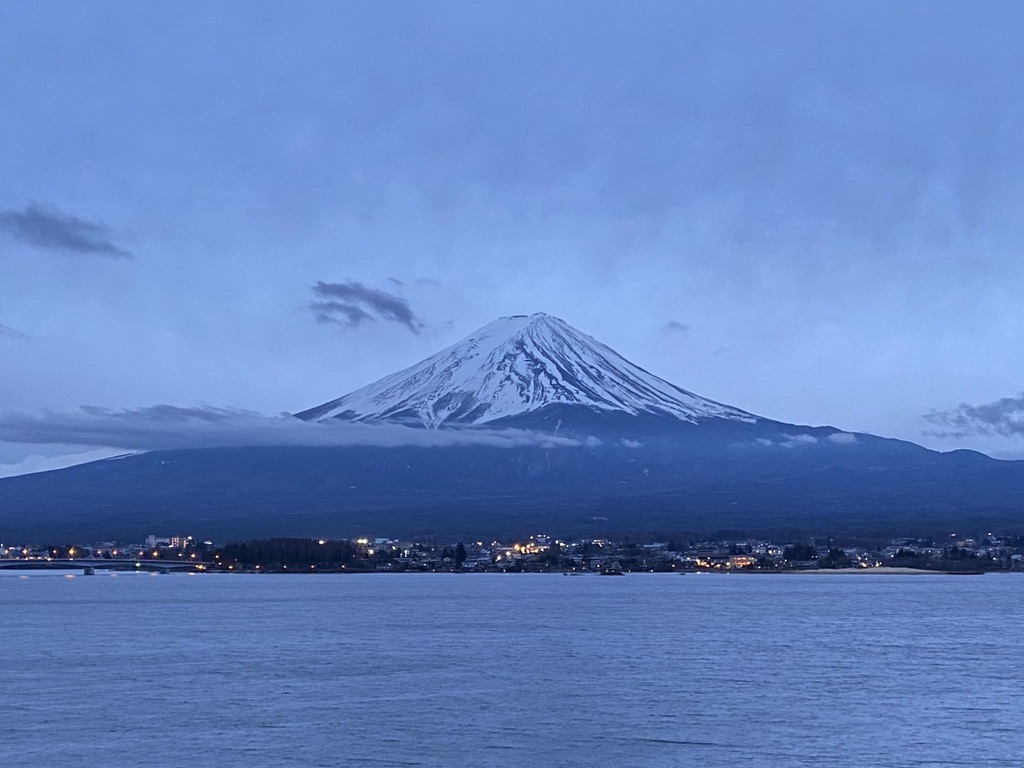As some of you know my grandfather Anjan Kaku Dadu* passed away last month after a four year battle with cancer. I was in the process of writing down some of his past (mis)adventures, which he loved to share with a captive audience over a nice cup of cha and biscuits. I had hoped to share this post with him directly, but I think he’d be happy to know his stories continue.
Before I dive in, I wanted to take a moment to reflect. Over the past ten years, I’ve watched two grandparents** get diagnosed with terminal cancer, suffer through a seemingly endless cycle of chemotherapy, remission, and relapses. I have, as a matter of course, watched them go through the unspeakable. I have watched them them change- as anyone facing terminal cancer will- and finally saw them as adults, making decisions on their own, yet different and sometimes difficult terms, and handling -with extreme dignity– the terrible circumstances that came their way.

Both of my grandparents, Anjan Kaku Dadu and Dipa Kaki Dida, epitomized kindness. At both funeral services, so many people spoke of moving to Binghamton — a rural and seemingly boring town—and getting the call from Dr. Purkayastha inviting them to dinner. No one knew how he found them, but no one questioned it after the first bit of Dipa Kaki Dida’s incredible khabar (food). Everyone acknowledged that it is these shared moments that reflected their best qualities– endless hospitality, unconditional love, and the type of faith in the good of strangers.

Though losing both of them has been hard, it has also been a lesson in how selfless acts can replicate more selfless acts. For ten years, I have watched people move across oceans (and states), giving up their lives, in order to take care of my grandparents. I’ve watched a local hospital worker finish his day job, and immediately rush home to Dr. Purkay to see what he needed, and stay the night when no one else was there. I’ve watched a local roofer and plumber come within 10 minutes of a Friday night call (driving through significant ice) because he wanted to make sure Doc was okay. I’ve watched people send food, Dr. Purkay’s favorites, and come and visit. And I’ve watched my own grandfather ignore questions on his own health in order to inquire on the lives of others. And he remembered the smallest details about everyone, so these were not polite social conversations—they were genuine enquiries about people with every intention of enjoying a moment or comforting or supporting them. It was human.

Most directly, I’ve watched my own parents make the regular eight-hour round trip up to Binghamton. After my grandmother passed away, and my grandfather was diagnosed, they would pack up the car, every five weeks or so, drive the eight hour round trip to check in and see how he was doing. At times, he could not bear to have too many people around for too long, so they would check into a nearby hotel, and visit in half hour increments. They would do this, without a thought, despite their hectic schedules or just landing after 48-hour flights from abroad. Every other visit or so, they’d add the extra two hours to their commute to pick me up in Albany so I that I could spend the time with him. They did this because he, himself, would have done the same, no question.
I think it is these acts that matter the most. The diagnosis, especially in this case, can’t change. But the way you treat each other, well… you can only hold yourself up to the Anjan Kaku Dadu and Dipa Kaki Dida’s template of caring for everyone and anyone.
*Dr. Arindam Purkayastha was known by many names: Anjan-Da, Dr. Purkay, Arindam-da, Baba. I will refer to him, as I have done since childhood, as Anjan Kaku Dadu- Anjan (His name) and Kaku Dadu for uncle-grandfather.
** My parent’s parents passed away before I was born (dad) or when I was very small (mom), but I grew up with multiple sets of “grandparents” who treated me like their own grandchild. I was loved — or my parent’s would put it “spoilt” routinely—because the older generation loved based on “closeness” and not based on relationship. Anjan Kaku Dadu and Dipa Kaki Dida, as well as Phul Mashi Dida and Mesho Moshai Dadu from Brooklyn, NY were the physically closest grandparent “substitutes.” They did not have to love/spoil me as much as they did—and this means more to me then I can even describe.
The Stories

Baggage Claim Work-Outs
Perhaps one of Anjan Kaku Dadu’s most iconic stories is his first experience with baggage claim. This was 1968, before the days of the internet or cell phones. What you knew about other countries was from books, and books, well they never provided many of the details you needed in everyday life. He had just stepped off his flight from India via Germany—his first time ever on a foreign trip—into JFK airport. While waiting for his luggage to arrive, he noticed that the bags were going, rather quickly, around the luggage carousal and disappearing. As soon as he saw his suitcase emerged, he pushed past the person next to him, jumped over a pile of luggage, and clambered onto the carousal to chase down his suitcase. As he gleefully narrated many times, he wanted to catch his luggage before it went back… to India.
Seeking A Tennis Partner: Champions Only Need Apply
Back during his residency, Anjan Kaku Dadu took up tennis. As he puts it, he found that he was “pretty good” but couldn’t find the right partner. He went through a number of different partners, each one worse than the last. Finally, he decided that a proper screening was necessary. One day at lunch, he mentioned his quest for a new partner. This quiet Venezuelan fellow medic mentioned that he used to play.
“I see. Well I am quite good at tennis. Are you good at tennis?”
“I’m pretty good” said the quiet Venezuelan.
“I need someone who can return my serves.”
“I will be able to” he responded.
“Yes, but I hit pretty hard. Will you be able to hit hard?”
“Purkay” said the quiet Venezuelan as he patted my grandfather’s arm, “I represented Venezuela at the Davis Cup, will that do?”
It is unclear if a game between Anjan Kaku Dadu and the quiet Venezuelan ever took place. Anjan Kaku Dadu avoided that part of the story.
Note: The Davis Cup is the premier international team event in men’s tennis.

What Not to Wear: Medical Version
Shortly after Anjun Kaku Dadu and his friend joined their first practice, the senior partner invited to a black tie dinner. “Black tie” meant nothing to them so they dressed casually, and kept a black tie on hand…only realizing their faux pas after arriving. Determined not to repeat the mistake, they rented tuxedos for the next party. They walked in realized everyone was at the pool, and not in tuxedos. As he said it they walked in through the front door walked through the house took a couple of turns around the perimeter of the house and were back at their cars in a few short minutes.
Postscript:
I’ll be posting more stories over the course of the month. There are too many good ones not to share.
You can view his obituary here:


![Best 2 Player Games [Updated]](http://34.139.217.193/wp-content/uploads/2025/01/Board-Games.png)

Leave a Reply